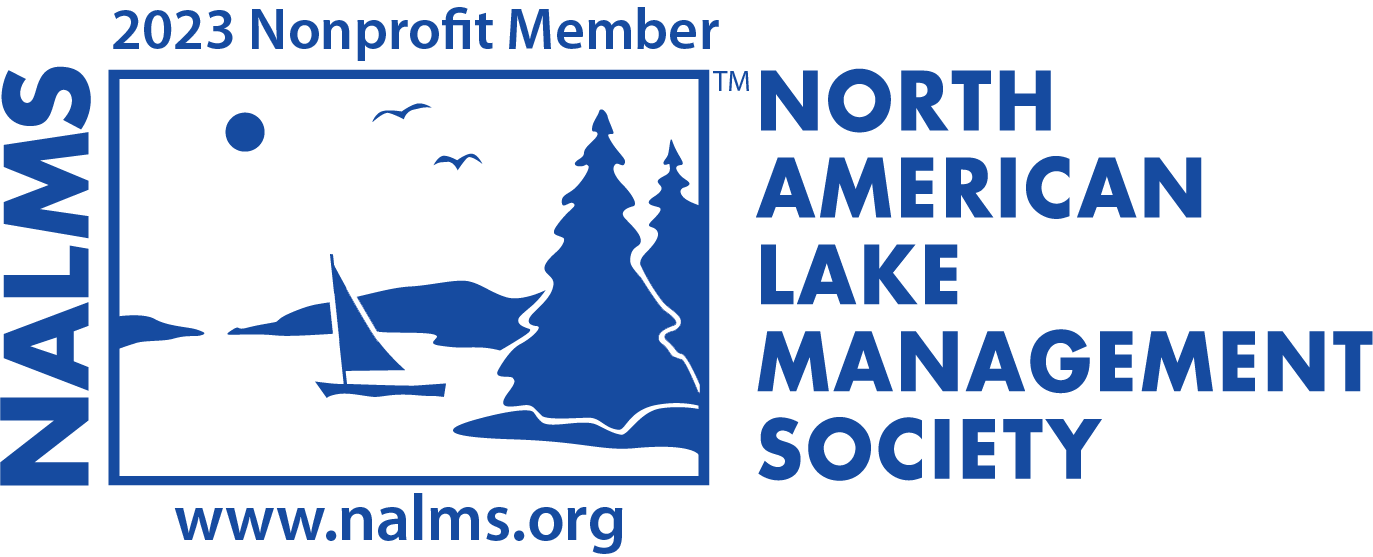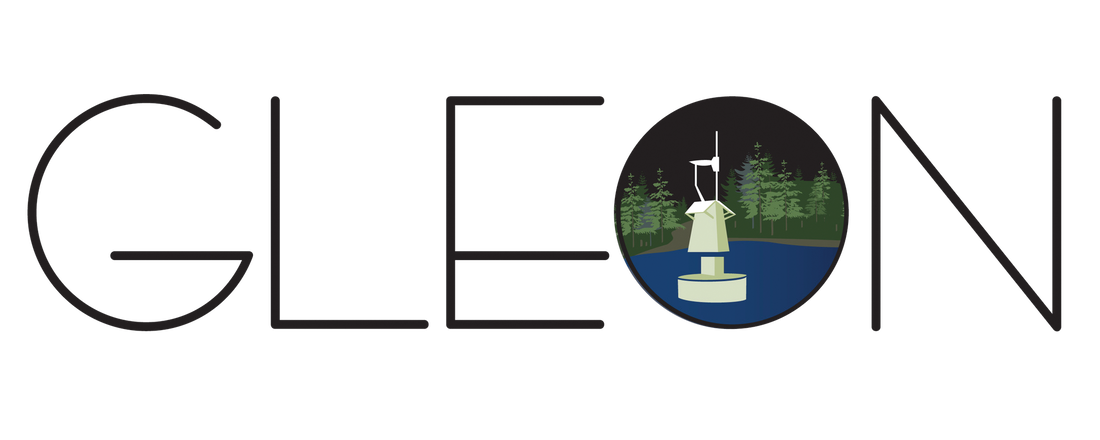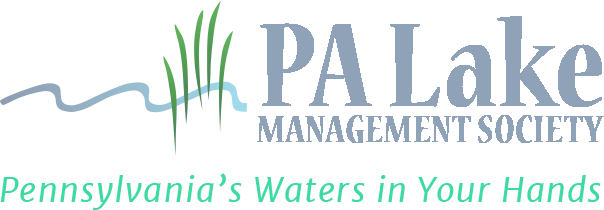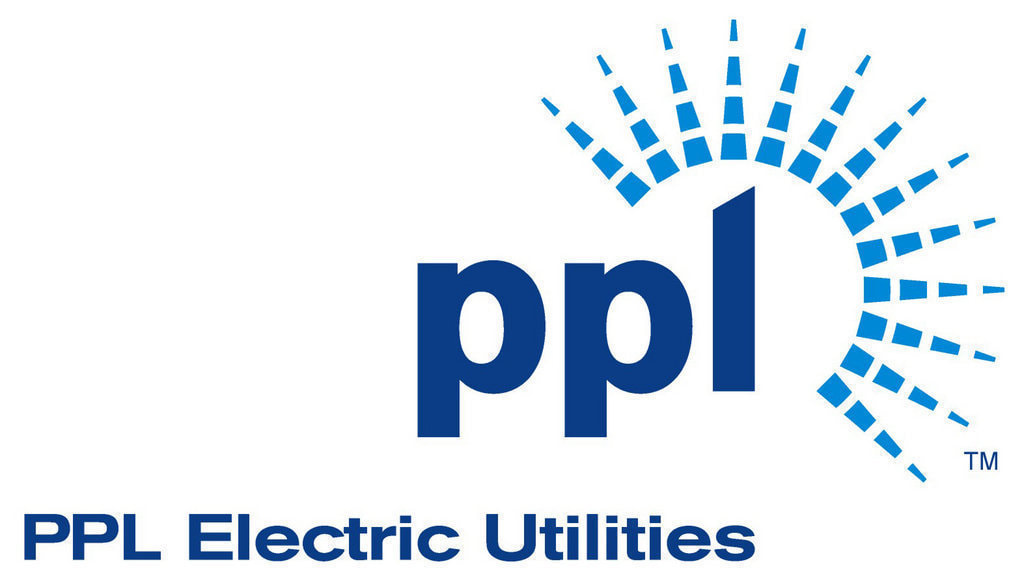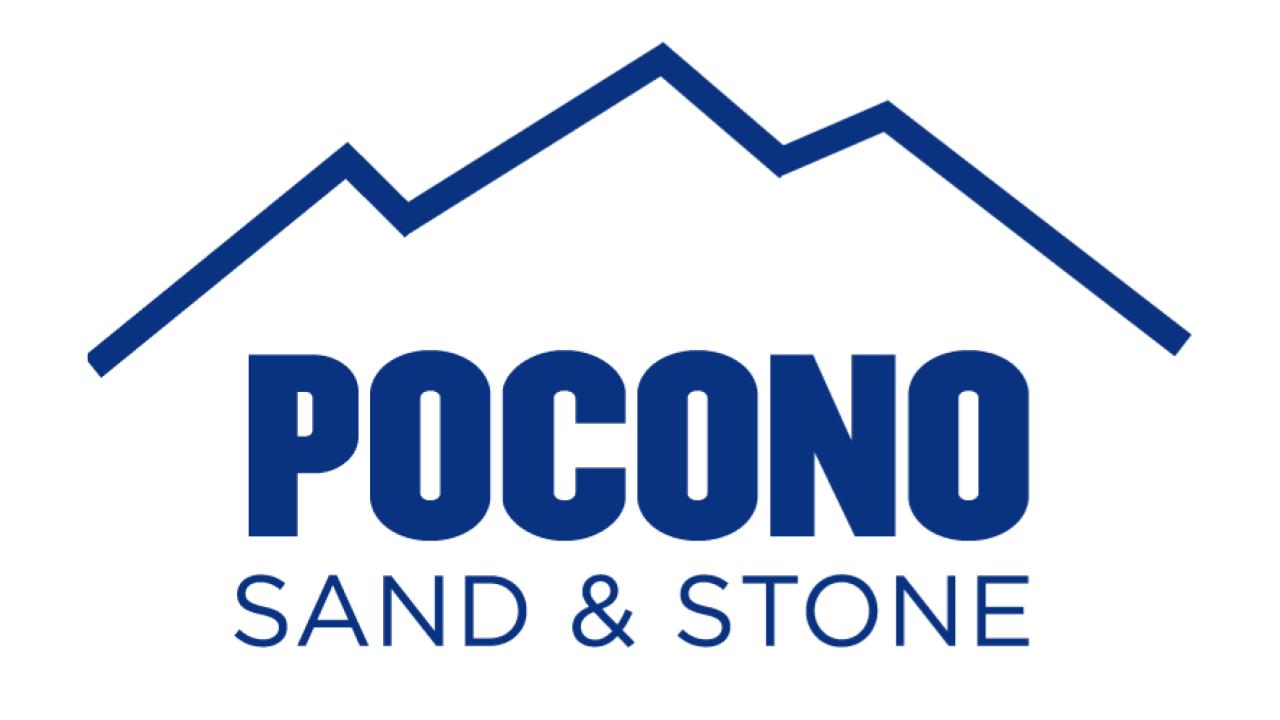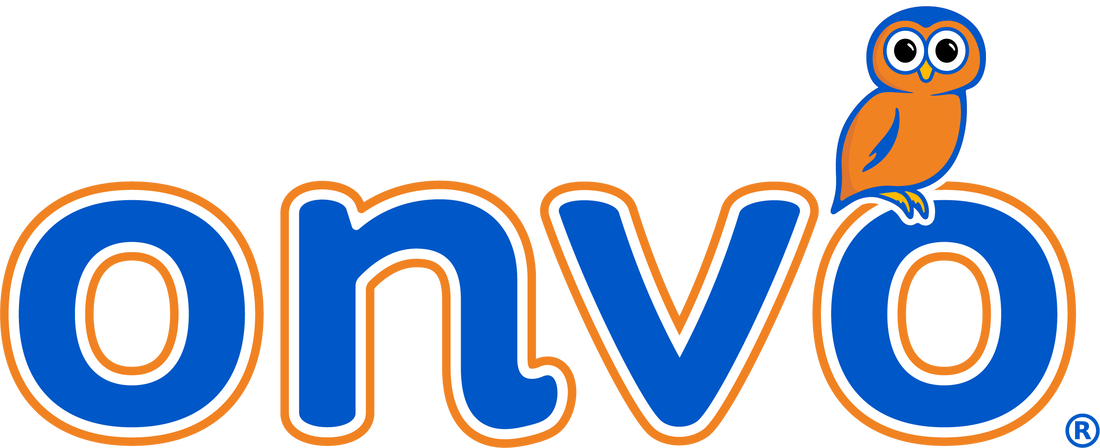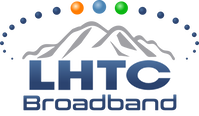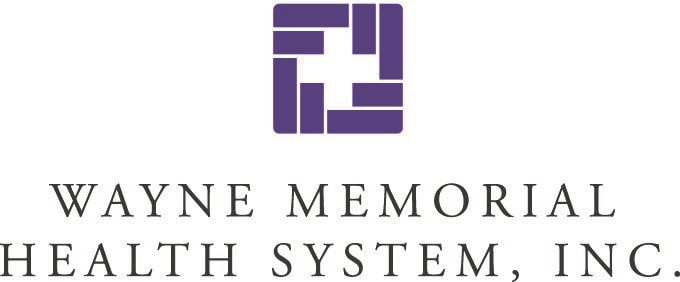This summer is likely to be a bit different than expected and you may be looking for fun outdoor activities while social distancing. Lacawac has citizen science opportunities for all ages.
Document Environmental Change with your Cell Phone
Lacawac is part of the Chronolog Project, an effort to create time lapse records of environmental change through the power of citizen science. Time lapse records are important because they help scientists identify gradual but important changes in ecosystems such as changes in species composition or the timing of season changes. There are two Chronolog sites at Lacawac: one located on the Boardwalk overlooking Lake Lacawac (accessible via the Lake Lacawac Trail) and one located along the Big Lake Trail overlooking a plot of recently planted hardwood saplings. Participating in the project is easy. Simply place your cell phone in the plastic bracket, take a photo, and email the photo to the address on the posted sign. Your photo will be added to the time lapse video of the site which can be viewed on the Lacawac Chronolog Project website. The process takes minutes and adding more photos creates a more complete time lapse – so take a photo each time you pass by a bracket!
Monitor the Water Quality of Lake Wallenpaupack
We are looking for volunteers for the 2020 Wallenpaupack Citizen Science Program! Here is how it works: the program requires sampling from the same location on Lake Wallenpaupack (such as a dock or moored boat) every Saturday during June, July, and August. Sampling methods are easy to learn and are appropriate for school age children and adults of all ages. This program makes a great summer school science project or a citizen science participation badge. To join, attend one of the virtual training workshops. Following the workshop, you will receive a sampling kit following the training. If you have participated previously and already have a kit, you will receive a “kit refill”, which includes a 2020 sampling schedule and clean bottles, labels, and baggies for water sample collection. Then simply choose a sampling location and follow the sampling schedule. At the end of the summer, PLEON scientists summarize the data and communicate the results and their implications to program participants and the larger community.
Survey Aquatic Plants in Your Lake
Aquatic plants are vital components of lake ecosystems. However, several species of aquatic plants are not native to the Pocono region. Once established, these invasive species can be difficult and costly to remove. Help us understand the distribution of native and invasive aquatic plants in Pocono lakes by participating in the PLEON Aquatic Plant Survey. Start by attending a PLEON Aquatic Plant workshop or by viewing the PLEON Aquatic Plant slideshow. Choose a calm day in July or August and follow the self-guided survey protocol to map the aquatic plants in your lake.
Be sure to follow all federal and state mandated social distancing guidelines while participating in Lacawac citizen science programs!
Document Environmental Change with your Cell Phone
Lacawac is part of the Chronolog Project, an effort to create time lapse records of environmental change through the power of citizen science. Time lapse records are important because they help scientists identify gradual but important changes in ecosystems such as changes in species composition or the timing of season changes. There are two Chronolog sites at Lacawac: one located on the Boardwalk overlooking Lake Lacawac (accessible via the Lake Lacawac Trail) and one located along the Big Lake Trail overlooking a plot of recently planted hardwood saplings. Participating in the project is easy. Simply place your cell phone in the plastic bracket, take a photo, and email the photo to the address on the posted sign. Your photo will be added to the time lapse video of the site which can be viewed on the Lacawac Chronolog Project website. The process takes minutes and adding more photos creates a more complete time lapse – so take a photo each time you pass by a bracket!
Monitor the Water Quality of Lake Wallenpaupack
We are looking for volunteers for the 2020 Wallenpaupack Citizen Science Program! Here is how it works: the program requires sampling from the same location on Lake Wallenpaupack (such as a dock or moored boat) every Saturday during June, July, and August. Sampling methods are easy to learn and are appropriate for school age children and adults of all ages. This program makes a great summer school science project or a citizen science participation badge. To join, attend one of the virtual training workshops. Following the workshop, you will receive a sampling kit following the training. If you have participated previously and already have a kit, you will receive a “kit refill”, which includes a 2020 sampling schedule and clean bottles, labels, and baggies for water sample collection. Then simply choose a sampling location and follow the sampling schedule. At the end of the summer, PLEON scientists summarize the data and communicate the results and their implications to program participants and the larger community.
Survey Aquatic Plants in Your Lake
Aquatic plants are vital components of lake ecosystems. However, several species of aquatic plants are not native to the Pocono region. Once established, these invasive species can be difficult and costly to remove. Help us understand the distribution of native and invasive aquatic plants in Pocono lakes by participating in the PLEON Aquatic Plant Survey. Start by attending a PLEON Aquatic Plant workshop or by viewing the PLEON Aquatic Plant slideshow. Choose a calm day in July or August and follow the self-guided survey protocol to map the aquatic plants in your lake.
Be sure to follow all federal and state mandated social distancing guidelines while participating in Lacawac citizen science programs!



